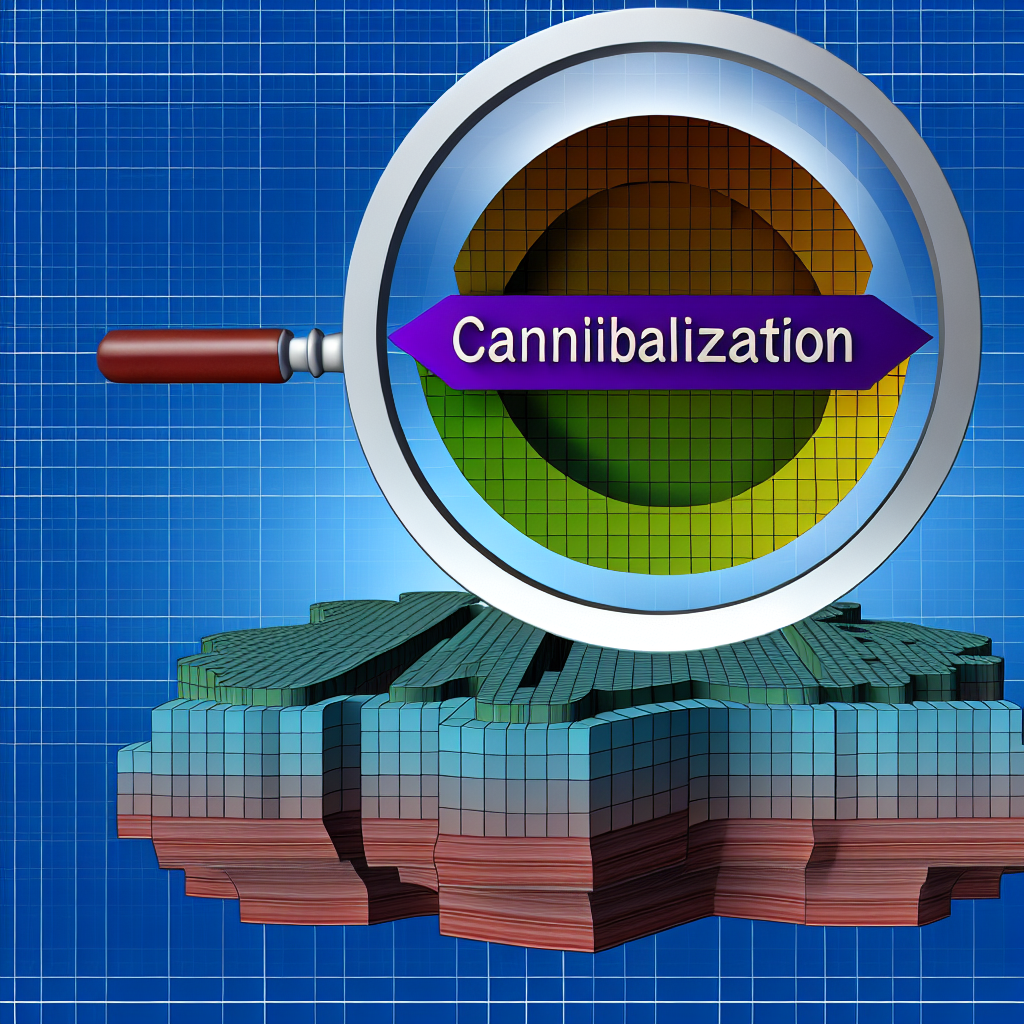How EEAT is Transforming Enterprise SEO Strategies in 2024
Introduction
In the dynamic world of digital marketing, Enterprise SEO strategies are undergoing a significant transformation. One pivotal factor propelling this evolution is Google’s ever-growing emphasis on EEAT—Experience, Expertise, Authoritativeness, and Trustworthiness.
Originally introduced in Google’s Search Quality Evaluator Guidelines, EEAT has become central to how content quality is assessed in search rankings. For C-suite marketing and SEO professionals, understanding EEAT is no longer optional—it’s essential for scaling brand visibility, mitigating compliance risks, and maintaining SERP (Search Engine Results Page) longevity in a competitive digital space.
Enterprise websites, particularly those falling under the Your Money or Your Life (YMYL) categories—such as finance, healthcare, legal, and government—are under heightened scrutiny. Google’s algorithms are now more precise in evaluating not just content relevance but also its origin and the trustworthiness of its authors and institutions. In high-stakes industries, even one piece of misinformation can degrade brand trust, consumer confidence, and even shareholder value.
As artificial intelligence redefines how content is created, distributed, and consumed, human-centric metrics like EEAT offer differentiation and deeper trust equity. Organizations that invest in EEAT as a systemic SEO value chain—not a one-off optimization—can build long-term digital credibility. Whether you’re a CMO, VP of Marketing, or Head of SEO, embedding EEAT across your organization means interweaving it into your content strategy, talent acquisition, technical SEO, and brand reputation systems.
In 2024, EEAT represents a holistic approach to SEO—it’s about aligning every touchpoint with authenticity, transparency, and authority. With new algorithm changes like Google’s Helpful Content Updates and Core Algorithm Updates rolling out regularly, forward-thinking enterprises must understand how EEAT dynamically intersects with search trends and user trust.
Features
One of the most powerful aspects of EEAT is its impact on user trust and content credibility, particularly for enterprise brands operating at global scale.
A 2023 study published in the Journal of Digital & Social Media Marketing found that consumer trust in online content significantly increases when authoritative or experienced individuals contribute. For enterprise SEO strategies, this translates to showcasing authored content by real experts, verified credentials, and editorial transparency.
For instance, leading healthcare platforms like the Mayo Clinic and Cleveland Clinic consistently highlight contributions from MDs and PhDs, include structured author biographies, and ensure content passes multiple rounds of peer-review. These EEAT-aligned practices not only increase search visibility but also provide users with confidence in the accuracy of medical advice.
Google has reiterated that EEAT plays a prominent role in its algorithmic evaluations, especially for YMYL websites. While EEAT isn’t listed as a direct ranking factor, its signals are integral to AI training data and influence long-term SEO stability. Google’s Helpful Content Update reinforces this, encouraging content that’s credible, helpful, and people-first.
Additionally, real enterprise case studies highlight the ROI from integrating EEAT:
- The Mayo Clinic and Cleveland Clinic continue to outperform on SERPs through structured content models that prioritize medical expertise, transparency, and consistency across content types.
- In 2022, Search Engine Journal reported that a leading financial enterprise saw a 40% traffic drop due to vague or missing author attributions, outdated content, and a lack of reputable external sources. After a full EEAT audit, the company implemented detailed author bios, introduced updated financial guidelines written by advisors, and linked to official government and regulatory sources. Within six months, the firm recovered 35% of its lost traffic, illustrating EEAT’s tangible SEO payoff.
These real-world examples reinforce that EEAT is more than semantic best practice—it’s an operational mindset built into your editorial workflows, compliance policies, and technical SEO infrastructure.
What’s more, with Google’s increasing use of natural language processing (NLP) and AI-driven algorithms, the platform is now able to auto-detect not just keyword usage, but the sentiment, tone, accuracy, and authorial reliability of content. This makes it critical for enterprises to build machine-readable structures around their content—such as using structured data, schema markup, and organized author attribution.
Conclusion
As enterprise SEO shifts deeper into a trust-based digital economy, EEAT is no longer an option—it’s a strategic necessity. It enables organizations to futureproof their brand against algorithm volatility and continually earn consumer trust amidst growing digital noise.
Understanding and integrating EEAT at the C-suite level isn’t just about winning search positions—it’s about establishing enduring brand credibility, enhancing reputation management, preventing regulatory fallout, and supporting long-term digital scalability.
EEAT is shaping the future of enterprise content discovery by tying search performance directly to the human values of experience, authority, and accountability. Executive leaders ready to embrace EEAT not just as a checklist, but as a comprehensive standard, will position their organizations to lead in organic visibility, consumer trust, and algorithmic preferred placement.
References
- Google’s Search Quality Evaluator Guidelines
- Search Engine Journal – How EEAT Impacts Rankings
- Journal of Digital & Social Media Marketing
- Search Engine Roundtable – EEAT and YMYL Pages
- Mayo Clinic News Network
- Cleveland Clinic Health Essentials
Concise Summary
EEAT—Experience, Expertise, Authoritativeness, and Trustworthiness—is redefining enterprise SEO in 2024 by aligning content quality with Google’s evolving search algorithms. Especially vital for YMYL industries (finance, healthcare, legal), EEAT enhances content credibility, user trust, and long-term SEO performance. Successful brands like Mayo Clinic and Cleveland Clinic embed expert-authored content and editorial rigor to rank higher and drive ROI. With AI-driven algorithms now detecting sentiment and accuracy, EEAT provides a measurable, machine-readable framework for SEO. For enterprise C-suite leaders, EEAT is more than compliance—it’s a strategic foundation for digital trust and scalable brand growth.

Dominic E. is a passionate filmmaker navigating the exciting intersection of art and science. By day, he delves into the complexities of the human body as a full-time medical writer, meticulously translating intricate medical concepts into accessible and engaging narratives. By night, he explores the boundless realm of cinematic storytelling, crafting narratives that evoke emotion and challenge perspectives.
Film Student and Full-time Medical Writer for ContentVendor.com
